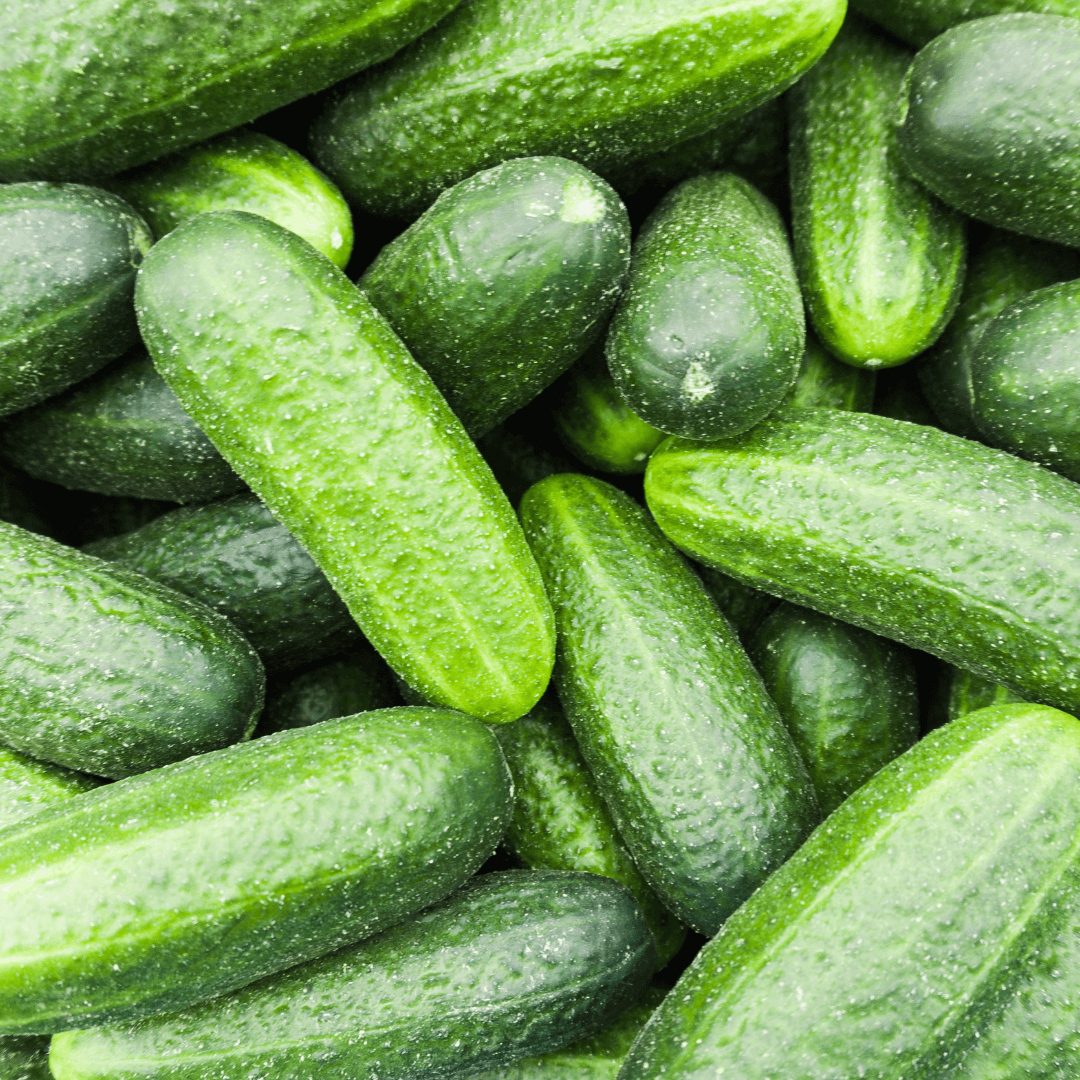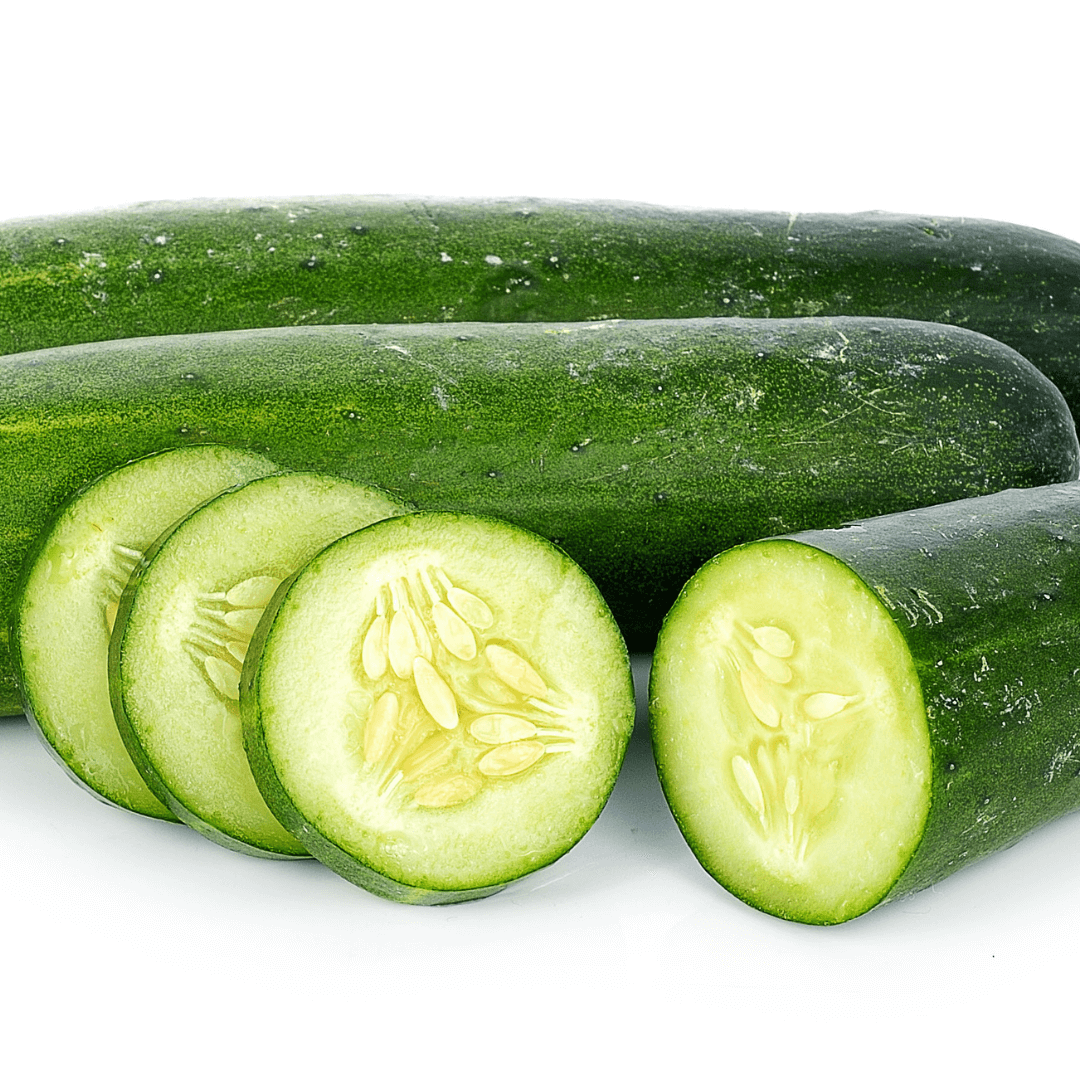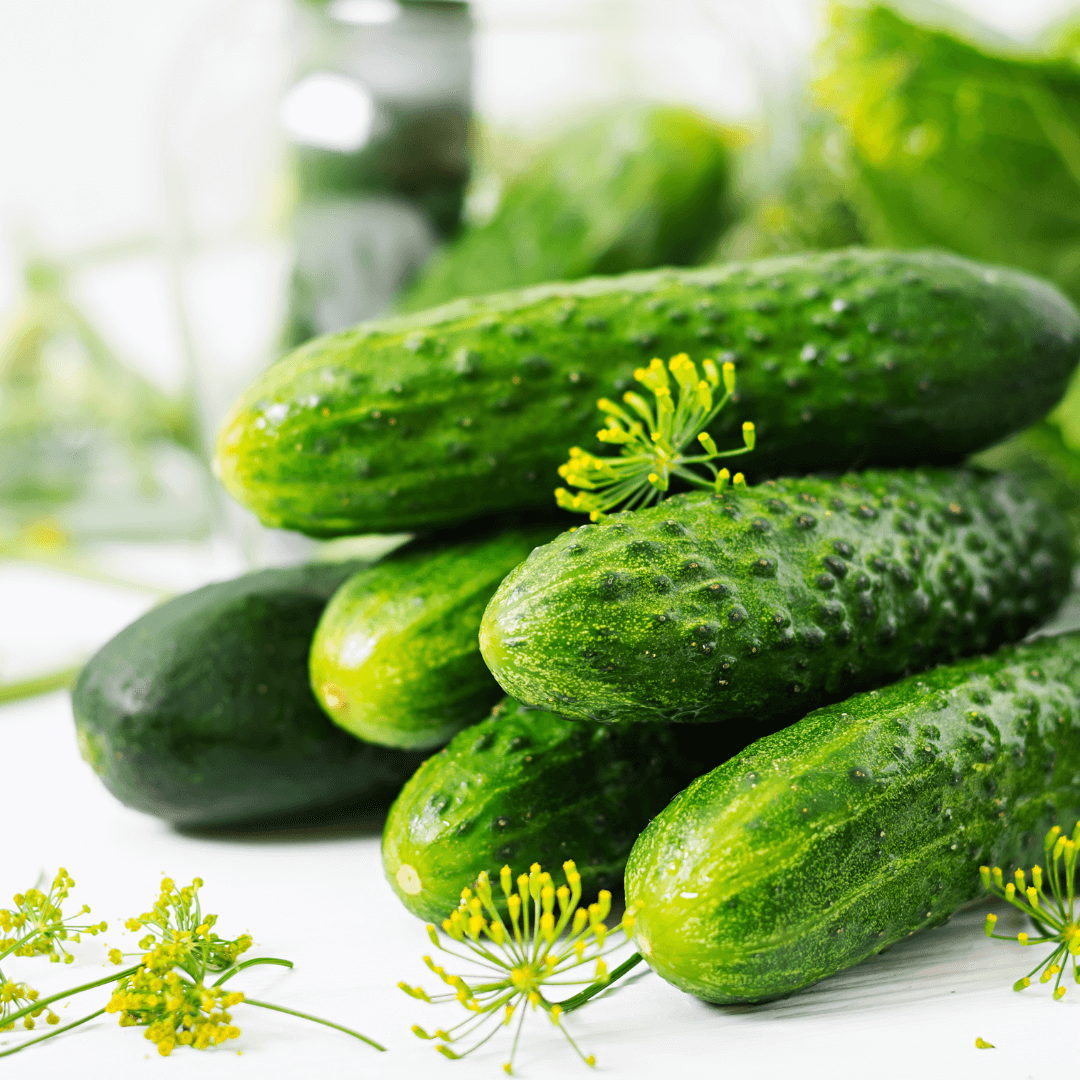For gardening enthusiasts and farmers alike, the art of growing cucumbers, or Cucumis sativus, is often a cherished summer ritual. The joy of seeing cucumber vines thriving in your vegetable garden is incomparable. But have you ever wondered how you could make your cucumber crop even more bountiful? One answer lies in the practice of companion planting. What are the best companion plants for cucumbers?
In this guide, we'll explore the benefits of companion planting and uncover the best plants for cucumbers. We'll also delve into aspects like pest control, the use of aromatic herbs, and how to avoid stunting the growth of your cucumbers. We'll provide detailed explanations and thorough insights into this ancient gardening practice.
Understanding Companion Planting
Companion planting is an age-old gardening technique where different types of plants are grown together for mutual benefit. This could be for reasons like pest control, improving pollination, maximizing the use of space, and enhancing crop productivity. The core idea behind companion planting is that certain plant combinations can create a healthy, balanced, and self-sufficient ecosystem within the garden.
Cucumber Seed Assortment | 8 Variety Pack

$15.95
Discover the Best Heirloom Cucumber Seeds – 8 Varieties for Fresh, Flavorful Cucumbers Introducing our 8 Cucumber Seeds Variety Pack, the ultimate addition to your garden for growing crisp, flavorful cucumbers! This pack contains a diverse selection of heirloom seeds… read more
Benefits of Companion Planting
- Pest Control: Certain plants have strong scents that deter pests, acting as natural pest control and reducing the need for chemical pesticides. This keeps your garden healthier and contributes to a more sustainable gardening approach.
- Attract Beneficial Insects: Some plants attract insects like parasitic wasps, ladybugs, and lacewings that control pests and aid in pollination. These beneficial insects help maintain the ecological balance in your garden.
- Improved Crop Health and Yield: Companion plants can help improve the soil's nutrient content, leading to healthier crops and higher yields. This is especially beneficial for heavy feeder plants, like cucumbers, which require ample nutrients for optimal growth.
- Optimal Space Utilization: Companion planting helps maximize garden space by allowing you to grow different plants together, each with unique benefits.
Choosing the Right Companion Plants for Cucumbers
Companion plants can be ground covers, root vegetables, aromatic herbs, or other types of plants. The key is understanding which companions work best with your cucumber crop. By carefully selecting companion plants, you can create an ecosystem that supports the growth of healthy, productive cucumbers.
Marigolds: The Pest Repellant
Marigold flowers have a strong scent that helps repel common pests, like nematodes and beetles, that could damage your cucumber crop. The vibrant flowers also attract beneficial insects, contributing to natural pest control. Additionally, marigolds are easy to grow and require minimal care, making them popular among gardeners. Planting marigold seeds is easy; the flowers germinate and bloom in just a few weeks.
Beans: The Nitrogen Boosters
Both bush beans and pole beans are excellent companions for cucumbers. They help enrich the soil by fixing nitrogen, a nutrient cucumbers need in plenty. However, remember that beans' shallow roots compete with cucumbers for water, so adequate watering is crucial. Beans also attract pollinators and provide additional benefits like acting as a living mulch, which helps retain soil moisture and suppresses weeds. Bean seeds can be directly sown outdoors after the danger of frost is gone.
Radishes: The Pest Detractors
Radishes are an excellent choice for keeping cucumber beetles away. Plus, their robust root system breaks up the soil, improving aeration and drainage for the cucumber's shallow roots. Radish seeds also mature quickly, allowing you to harvest them before the cucumbers are ready, freeing up space in the garden bed.
Corn: The Natural Trellis
Cucumbers love to climb, and corn provides the perfect natural trellis for cucumber vines. Corn also helps block wind, which can damage delicate cucumber plants. The tall, sturdy stalks of corn plants can withstand the weight of cucumber vines, allowing them to grow vertically and receive ample sunlight, thus promoting better growth and productivity. Corn seeds are another crop that is best to be directly sown outdoors after the danger of frost is over.
Sunflowers: The Guardian Giants
Sunflowers are more than just pretty faces. They provide much-needed shade for cucumbers during hot summers and act as windbreakers. Their strong scent can deter certain pests, too. Additionally, sunflowers are known to extract heavy metals from the soil, improving the overall soil health and making it safer for other plants to grow. Sunflower seeds come in many fun varieties, adding different colors and heights to your garden.
Cucumber Seed Assortment | 5 Variety Pack

$9.95
Heirloom Cucumber Seeds Variety Pack – Perfect for Pickling, Slicing, and Fresh Eating Introducing our 5 Cucumber Seeds Variety Pack, the ultimate choice for gardening enthusiasts seeking to grow fresh, delicious cucumbers in their own backyard. This premium seed pack… read more
Plants to Avoid Around Cucumbers
While many plants make excellent companions for cucumbers, certain plants can stunt the growth of your cucumber crop or attract pests. These include aromatic herbs like sage and strong-rooted root vegetables like potatoes.
Though beneficial for many plants, aromatic herbs can have detrimental effects on cucumbers. For instance, sage's strong scent can overpower cucumbers and stunt their growth. Similarly, with their robust root system, potatoes can compete with cucumbers for nutrients and water, leading to less-than-optimal growth.
Step-by-step Guide to Companion Planting for Cucumbers
Now that we've identified the best companion plants for cucumbers let's take a step-by-step look at how to apply this knowledge in your garden beds.
Step 1: Choosing and Preparing the Garden Beds
Choose a location with well-drained soil and plenty of sun. Prepare the beds by removing weeds and amending the soil with compost or organic matter. Properly preparing the garden bed is crucial for the successful growth of cucumbers and their companions.
Step 2: Planting the Garden Seeds
Plant the cucumber seeds and companion plant seeds according to their specific needs. Keep in mind the growing habits of each plant. For example, cucumbers and beans should not be planted too closely to avoid competition for water. Also, consider the mature size of each plant to ensure they have enough space to grow without overcrowding.
Step 3: Monitoring Growth and Providing Care
Monitor the growth of your plants regularly. Water them appropriately, considering the needs of both cucumbers and companion plants. If you notice any signs of pests or diseases, address them promptly. Early detection and intervention can often prevent minor issues from becoming major problems.
Step 4: Maximizing the Benefits of Companion Planting
To get the most benefits from companion planting, ensure that the companions are fulfilling their roles effectively. For instance, if marigolds are planted for pest control, they should be strategically placed around the garden beds to deter pests effectively. Similarly, sunflowers should be positioned to provide adequate shade to cucumbers during peak summer.
Beit Alpha Cucumber Seeds

$2.49
Beit Alpha Cucumber Seeds - Heirloom, Non-GMO, Non-Hybrid, Open-Pollinated Grow delicious, crisp, and sweet Beit Alpha cucumbers in your garden with our premium, heirloom-quality seeds. These high-yielding cucumber plants are a favorite among gardeners for their smooth, thin skin, seedless… read more
Step 5: Harvesting and Rotation
Harvest cucumbers and companion plants as they mature. After the growing season, consider rotating crops in your garden beds to prevent soil depletion and keep pests at bay. Crop rotation is a powerful strategy to manage soil fertility and disrupt pest and disease cycles.
Tips for Successful Companion Planting with Cucumbers
To ensure a successful cucumber crop with companion planting, here are a few additional tips:
- When planning your garden beds, consider all plants' growth habits, nutrient needs, and pest resistance.
- Make sure to buy high-quality garden seeds for your cucumber crop and companion plants.
- While watering, remember that cucumbers have shallow roots, and overwatering can lead to root rot. Proper watering is essential when growing cucumbers with companions that have different water needs.
- Regularly check your plants for signs of pest infestation or disease. Prompt action can save your crop from significant damage.
- Rotate your crops each season to prevent nutrient depletion and control pests. Crop rotation is integral to sustainable gardening and can significantly enhance your garden's health and productivity.
Wrapping Up
Companion planting can significantly enhance the health and yield of your cucumber crop. By strategically choosing the proper companions, you can create a synergistic environment in your vegetable garden that promotes growth, deters pests, and boosts overall productivity.
Successful companion planting for cucumbers involves much more than just sowing garden seeds. It requires careful planning, diligent care, and a good understanding of how different plants interact. But with the right knowledge and tools, you can leverage the power of nature to grow a bountiful cucumber crop.
Growing cucumbers and their companions together can be a rewarding experience. You'll witness the power of nature's symbiosis in your backyard, resulting in a plentiful and healthy harvest that can be enjoyed throughout the season.
Explore our online seed store at Gardeners Basics for a variety of cucumber seeds and companion plant seeds. Get started with companion planting and watch your cucumbers thrive like never before!
Happy gardening, and may your cucumber crop be the envy of every gardener!

 Frequently Asked Questions Best Cucumber Companion Plants
Frequently Asked Questions Best Cucumber Companion Plants
Q1: What are the best companion plants for cucumbers?
A1: Some of the best companions for cucumbers include marigolds, beans (bush beans and pole beans), radishes, corn, and sunflowers. These plants offer various benefits such as pest control, soil enrichment, and providing a natural trellis for cucumber vines.
Q2: Are there any plants that I should avoid planting near cucumbers?
A2: Certain plants can stunt cucumbers' growth or attract pests. These include aromatic herbs like sage and strong-rooted vegetables like potatoes.
Q3: Can companion planting help with pest control?
A3: Absolutely! Some plants, like marigolds and radishes, have strong scents or other characteristics that deter pests. This can help reduce the need for chemical pesticides in your garden.
Q4: Where can I buy high-quality garden seeds for cucumbers and their companion plants?
A4: You can explore a variety of garden seeds, including cucumber seeds and companion plant seeds, at our online seed store at Gardeners Basics.
Q5: How does companion planting benefit my cucumber crop?
A5: Companion planting can offer several benefits for your cucumber crop, including improved pest control, enhanced soil nutrient content, the attraction of beneficial insects, and optimal space utilization. These benefits can lead to healthier cucumber plants and a more bountiful harvest.
Lemon Cucumber Seeds

$2.49
Lemon Cucumber Seeds – Heirloom, Non-GMO, Non-Hybrid, Open-Pollinated Grow delicious, crisp, and refreshing Lemon Cucumbers in your garden with our premium heirloom Lemon Cucumber seeds, perfect for home gardeners and market growers alike! This unique cucumber variety produces small, round,… read more
Q6: How do I start with companion planting in my vegetable garden?
A6: Start by choosing the right companions for your cucumbers. Next, prepare your garden beds and plant the seeds considering the specific needs of each plant. Regularly monitor the growth of your plants, provide appropriate care, and ensure that the companions are fulfilling their roles effectively. After the growing season, consider rotating the crops in your garden beds.
 Q7: What are the water requirements for cucumbers and their companion plants?
Q7: What are the water requirements for cucumbers and their companion plants?
A7: Cucumbers have shallow roots and require consistent watering. However, avoiding overwatering is important, which can lead to root rot. The watering needs of companion plants vary, so it's essential to understand and cater to the needs of each plant in your garden.
Q8: Can companion planting improve soil health?A8: Yes, companion planting can significantly improve soil health. For instance, beans help enrich the soil by fixing nitrogen, a nutrient cucumbers need in plenty. Similarly, sunflowers are known to extract heavy metals from the soil, improving its overall health.
Q9: What is crop rotation, and why is it important?
A9: Crop rotation involves changing the type of crop grown in a particular area each season. This practice helps prevent nutrient depletion in the soil and disrupts the life cycle of pests and diseases, leading to healthier plants and better yields.
Q10: How can I maximize the benefits of companion planting?
A10: To maximize companion planting benefits, ensure that the companions are fulfilling their roles effectively. Also, regular monitoring, proper watering, and early detection of pests or diseases can help you get the most out of your companion planting efforts.



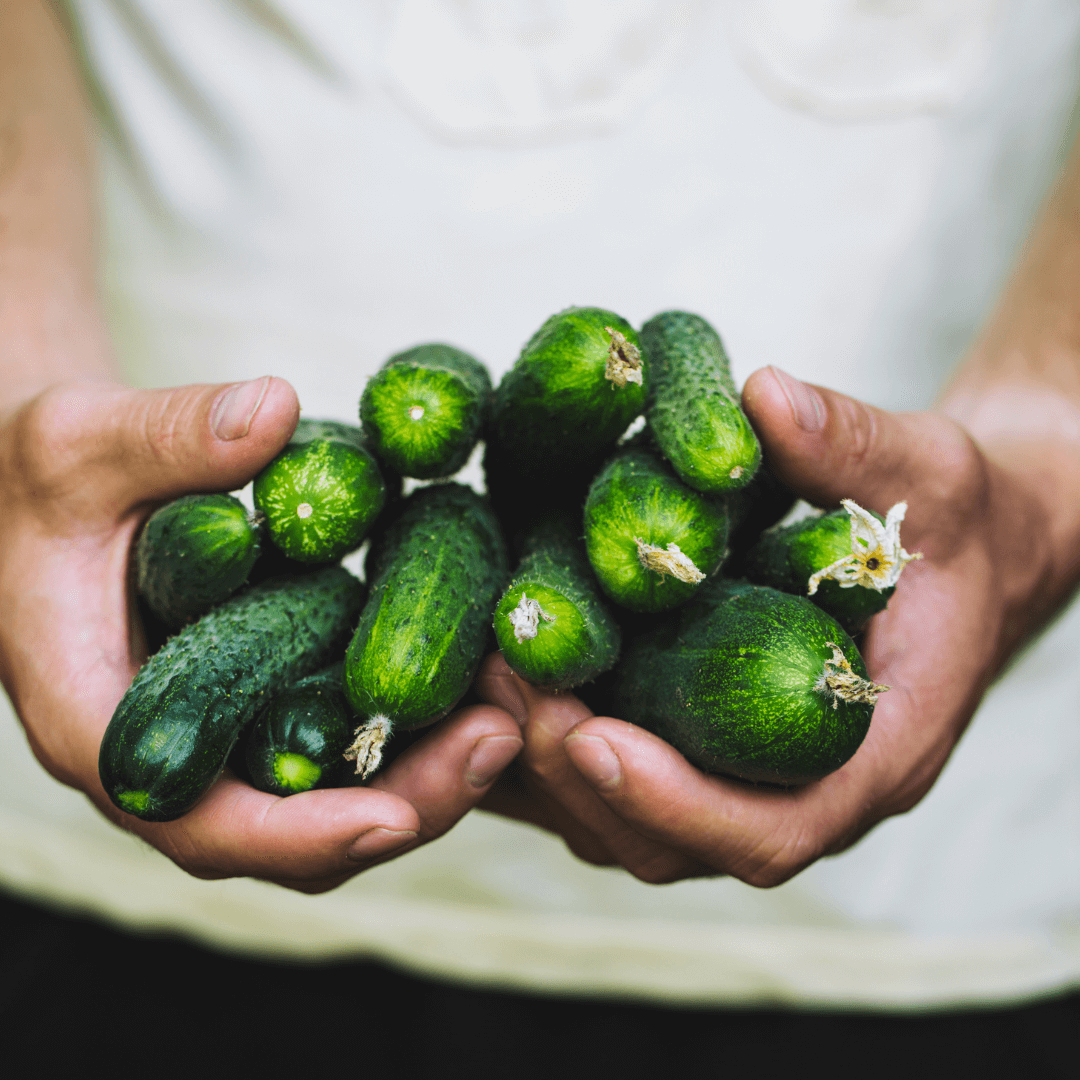

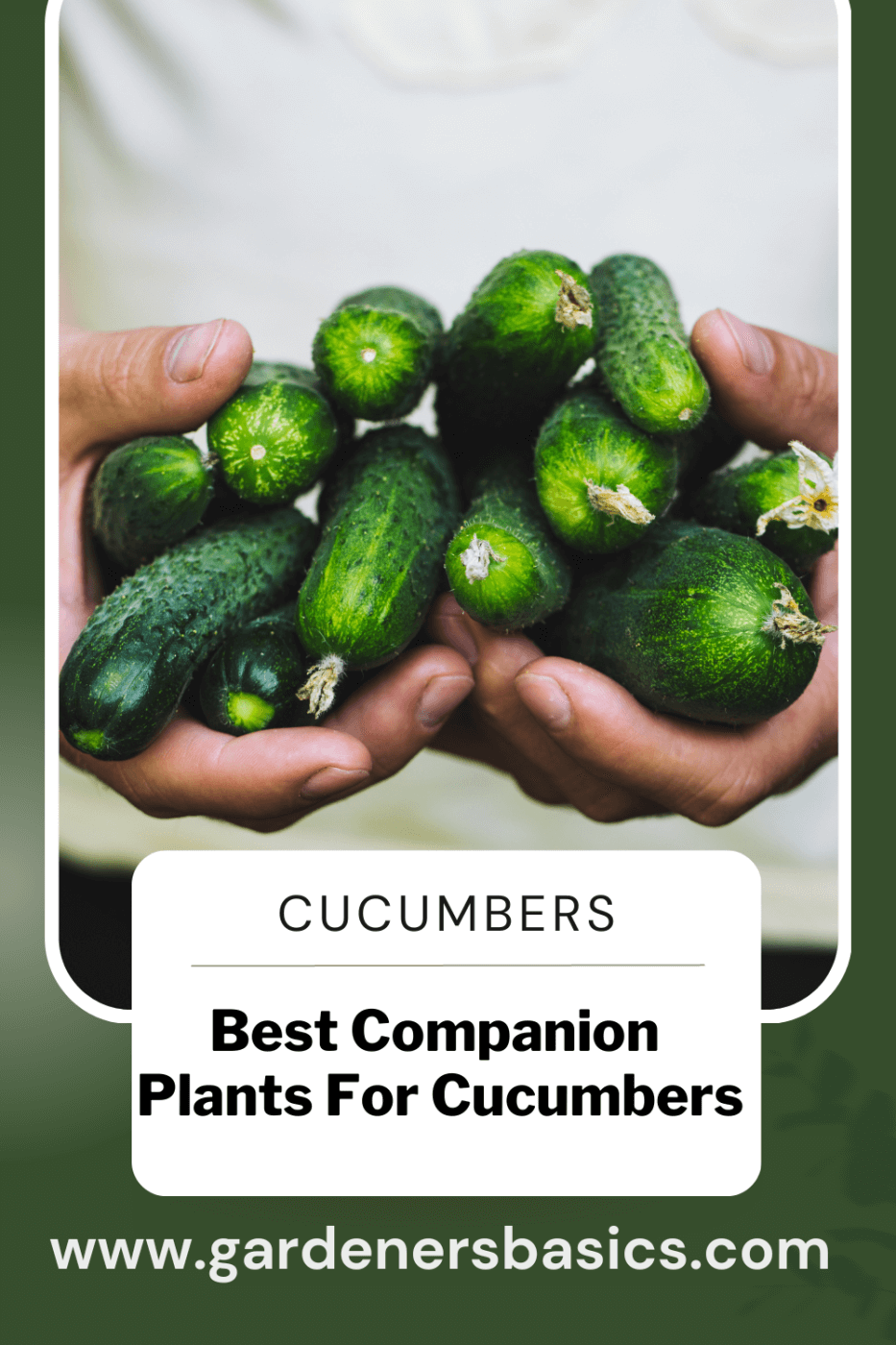 Frequently Asked Questions Best Cucumber Companion Plants
Frequently Asked Questions Best Cucumber Companion Plants